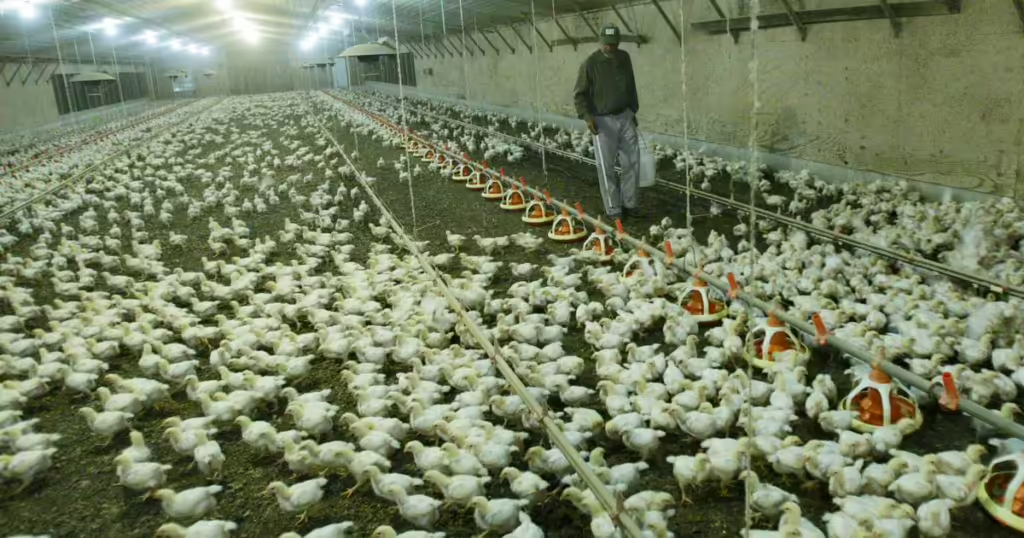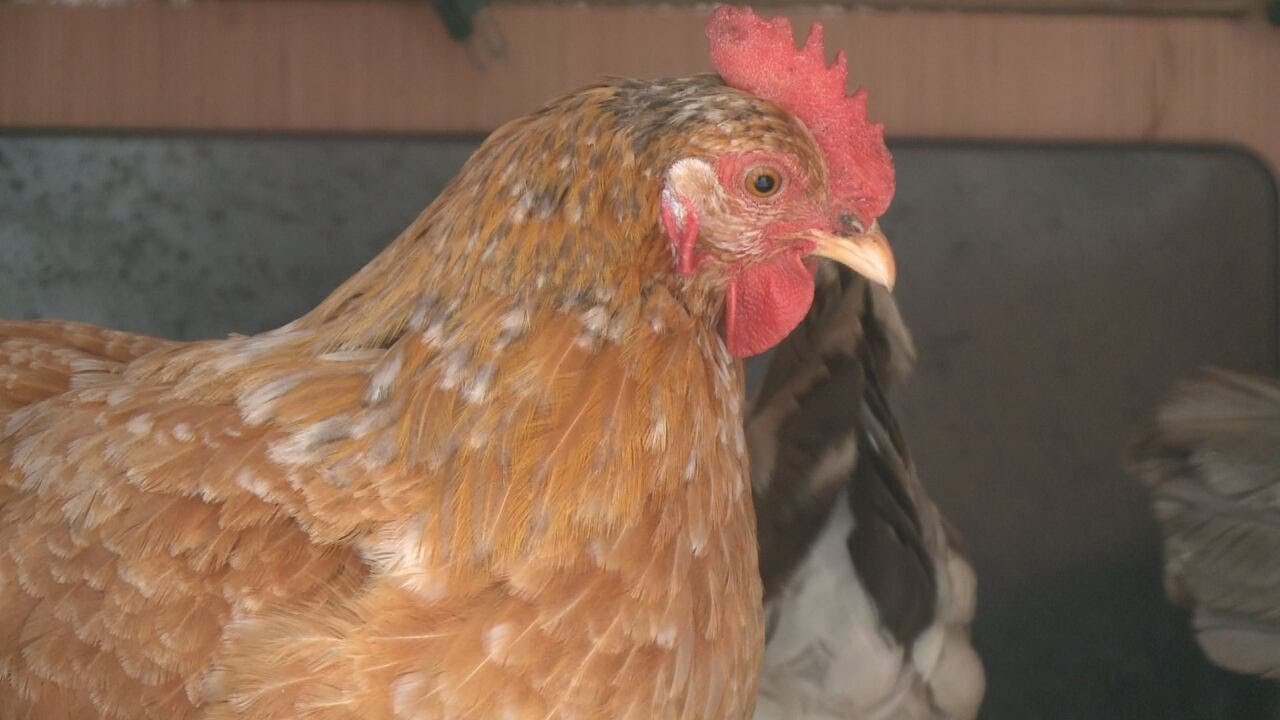In response to a case of bird flu detected in Texas, Georgia officials are urging farmers to take precautions and prepare testing sites for potential bird flu cases.
The Georgia Department of Agriculture, along with the Center for Disease Control and Prevention (CDC) and the Georgia Department of Public Health, is working on plans to address the situation.
According to the CDC, a person in Texas tested positive for highly pathogenic avian influenza, also known as “H5N1 bird flu”. This marks the second case of H5N1 bird flu in the United States, with the first case reported in a poultry worker in Colorado back in 2022.
While there have been no reports of suspected exposures in Georgia so far, the Georgia Department of Public Health is monitoring anyone who may have come into contact with affected birds or cows. They are also prepared to conduct testing at the Georgia Public Health Lab if needed.
Given that Georgia is the leading producer of poultry in the nation, Agriculture Commissioner Tyler Harper emphasizes the importance of implementing biosecurity protocols on farms. These measures are crucial for safeguarding dairy herds, employees, and Georgia’s agricultural industry.

Although the risk to the general public remains low, it’s essential for farmers to have a plan in place to mitigate potential risks. The CDC reassures that cooked poultry and eggs pose no risk, and pasteurized milk, which is commonly found in stores, is also safe for consumption.
Related Articles:
- Suspect in DeKalb County Teen’s Murder Captured in Florida Woods
- Woman Claims Divine Direction in Florida Interstate Shootings
- Florida Designates April as Child Car Safety Awareness Month
Bryce Trotter, Executive Director of Georgia Milk Producers, affirms that there have been no cases of avian influenza in cattle in Georgia. He emphasizes that dairy producers are taking proactive steps to enhance biosecurity measures and ensure the safety of their herds and employees.
Overall, consumers can remain confident in the safety and quality of milk and dairy products available in local stores, as federal regulations ensure that milk from sick cows does not enter the dairy supply chain.







+ There are no comments
Add yours